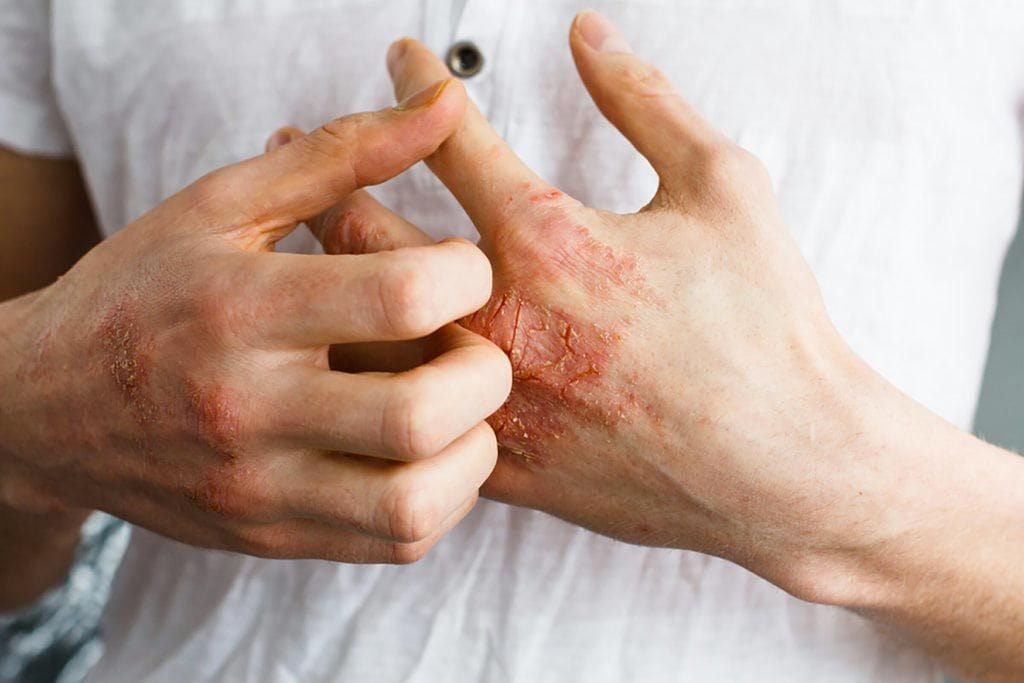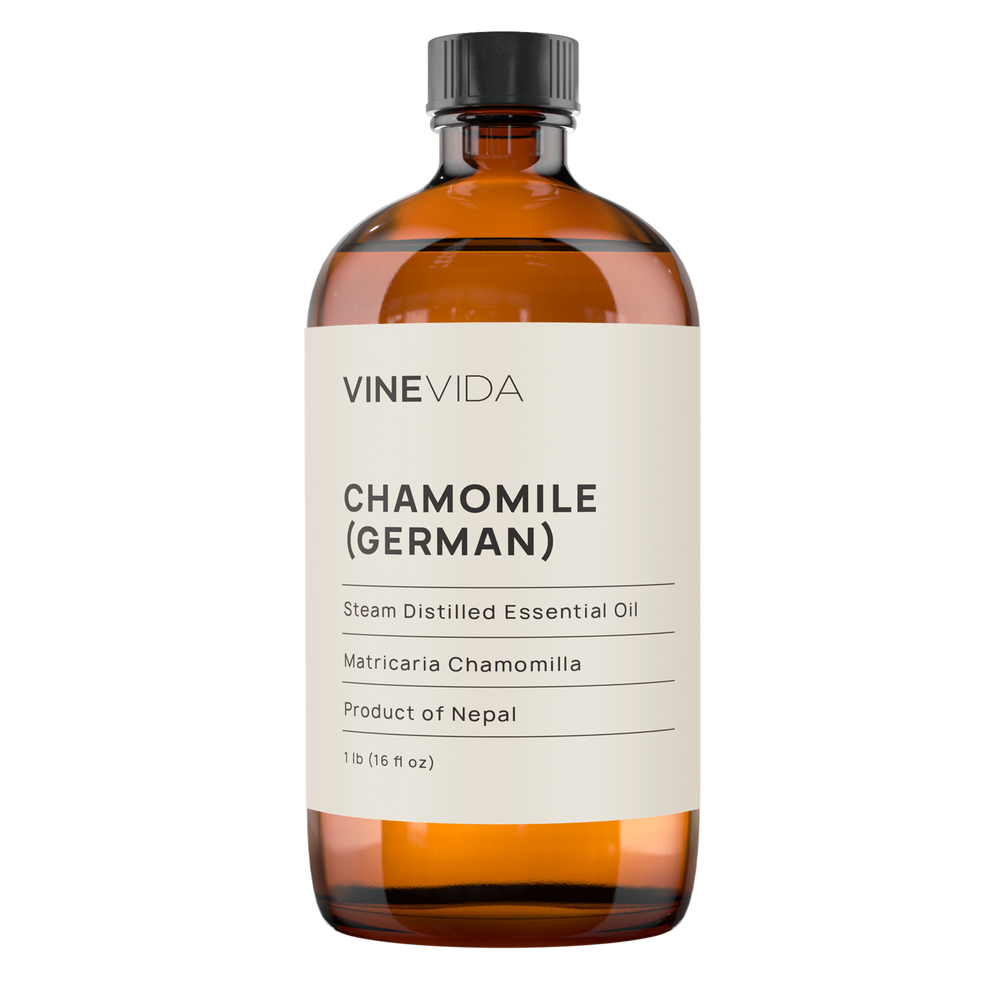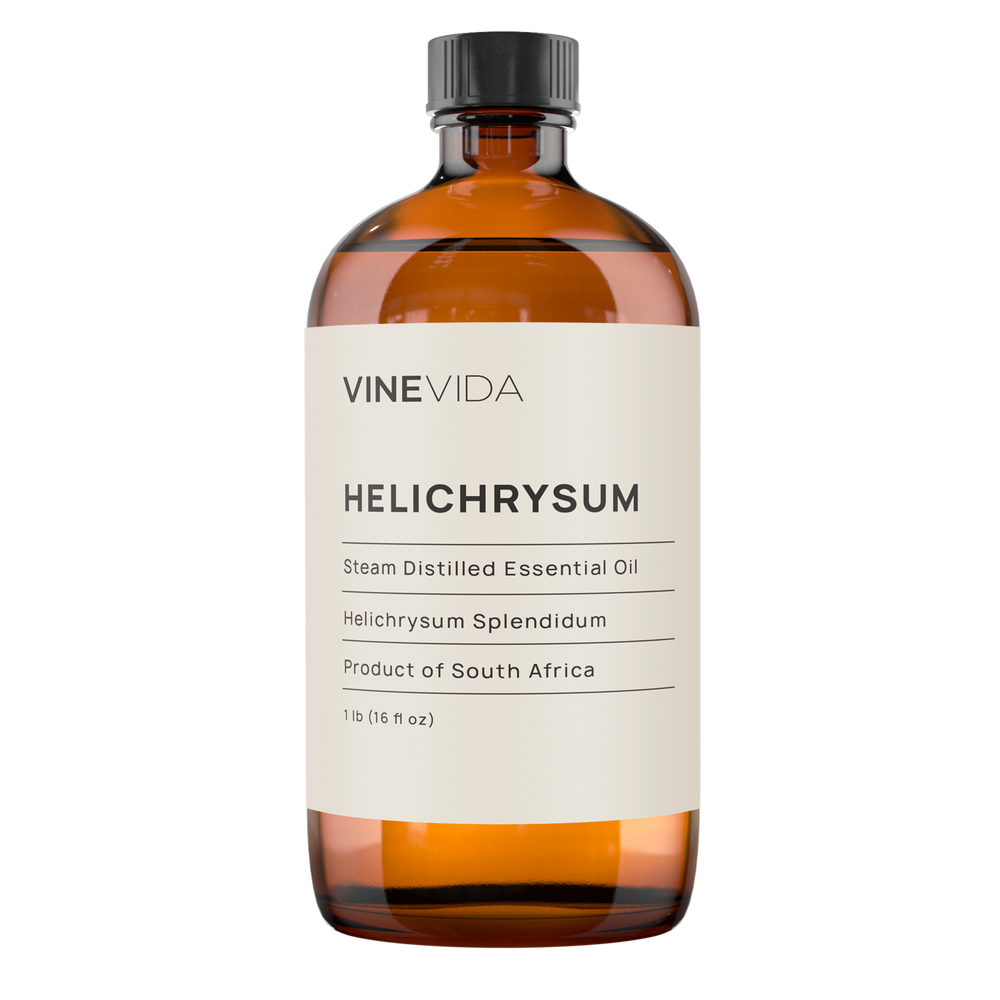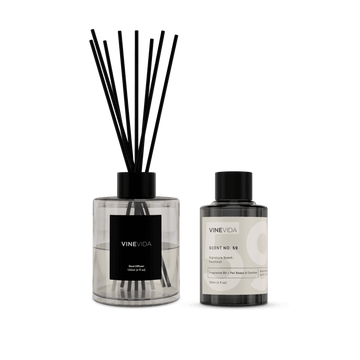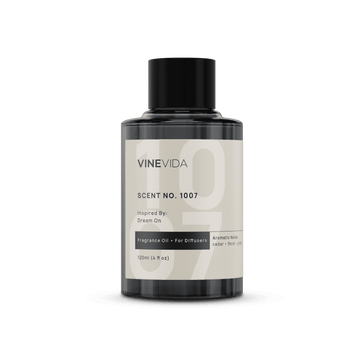If you are looking to find out about the best essential oils for eczema, you have come to the right place. But, while some great essential oils can help, carrier oils are even better.
So, in this post, we’ll break it down a bit. We’ll work off a list of the best essential oils for atopic eczema. Then we’ll look at each one in turn.
We’ll think about why each one is good, or in some cases, why they might not be a good fit for you. Finally, we’ll look at an essential oils recipe for eczema or two.
What Exactly Causes Eczema?
Eczema is a condition that causes your skin to become dry, red, itchy, and flaky and is also known as atopic dermatitis. It is a common condition, and up to 20% of people will experience it at some point in their life; however, it is more common in people with allergies or asthma.
Your skin as a barrier function becomes impaired due to eczema, leaving it prone to dryness, sensitivity, irritation, and open to infections. Eczema can occur on any part of the skin, from the top of your head to the tip of your toes.
Eczema is generally caused by stress, food allergies, environmental factors such as air pollutants, smoke, and sometimes fabric or a combination. It could also be an immune system response or activation. Your genetics also plays a part in whether you develop eczema or not. Figuring out the exact trigger for you will assist you in managing your condition.
If you’re looking for essential oils for atopic eczema, we’ve referred to it as eczema or atopic dermatitis. Whether you call it eczema, atopic or atopic dermatitis, we’ve covered you in this article.
What are the Best Essential Oils for Eczema?
-
- German Chamomile Essential Oil (Matricaria chamomilla)
- Lavender Essential Oil (Lavandula angustifolia)
- Helichrysum Essential Oil (Helichrysum italicum)
- Myrrh Essential Oil (Commiphora myrrha)
- Cajeput Essential Oil (Melaleuca cajuputi)
- Melissa Essential Oil (Melissa officinalis)
- Rose Essential Oil (Rosa damascena)
- Geranium Essential Oil (Pelargonium graveolens)
- Tea Tree Essential Oil (Melaleuca alternifolia)
- Calendula Absolute (Calendula officinalis)
1. German Chamomile Essential Oil
Legally, botanical medicines are closely governed in terms of what we, as suppliers, can say they can and can’t do. We can say they have specific properties or that other people traditionally used a particular plant to do something in the past.
However, the usage of German chamomile is so widespread across the globe that it is one of the few plants not governed by this legislation. German chamomile is so soothing and is used for digestive problems, teething, you name it, and luckily for us, it is one of the best essential oils for eczema.
Itching is probably the most troublesome aspect of eczema. Then we scratch skin that is often already inflamed and broken.
German chamomile contains chemical constituents called azulenes, which act like liquid anesthetics, calming and almost numbing the skin.
Azulenes are excellent for redness and soreness too. This is one of the best essential oils for itchy scalp more efficiently.
2. Lavender Essential Oil
Strictly speaking, lavender is NOT one of the best essential oils for eczema long term because it will eventually make your skin even drier. Lavender instructs skin sensors to reduce sebum, the oily substance that protects and conditions our skin.
That said, lavender is tremendously calming and soothing, so if you have a bad breakout, it can be a good choice just to stop scratching.
When considering the best essential oils for eczema, we must remember that the standard rules do not apply here. Usually, we use lavender, but here, we want to use it little and rarely.
3. Helichrysum Essential Oil
If you imagine skin cells as bricks that belong to an enormous building, they would need iron rods between each brick to strengthen and support the structure. The equivalents to the rods in your skin are called corneodesmosomes. The corneodesmosomes are then held together by lipids. Lipids are fats in the molecules that act like mortar between the bricks.
However, consider how an eczematous skin barrier would be thinner than “normal” skin is. This is made worse by the steroids the doctor gives you, which strip away the top layers. Now, there is nothing to protect the iron rods. It’s a bit like someone has abandoned the construction site.
The roof has been left open, and there is no tarp. So the skin’s support system is left wide open to the elements. With no protection, these corneodesmosomes deteriorate and will eventually snap. This snapping is what causes the flakiness in eczema.
The skin has many functions, one of which is to keep infection and pathogens out of the body, but now, with all these breakages, the skin breaks more efficiently, allowing foreign bodies into the system. Helichrysum essential oil is high in a constituent called Neryl acetate, which is lovely for skin healing. The amount of neryl acetate in the helichrysum varies depending on where the plants were grown.
The higher its content, the better the essential oil for skin healing. Helichrysum is one of the best essential oils for eczema because it heals the skin and is tremendous at fortifying the system overall and fighting infection.
4. Myrrh Essential Oil
As we have seen, this perpetual skin breakage is problematic. If you are a parent of a child who is suffering from itching and scratching, it's tremendously upsetting too.
Myrrh, along with galbanum, is one of the best essential oils for eczema that is cracked and broken. We would choose myrrh oil for eczema that is suppurated and weeping. It is an incredibly speedy skin healer.
Please be mindful that you do not use myrrh essential oil during pregnancy because of its intense action on the uterus. Although it did not make it onto our list of the best essential oils for eczema, galbanum essential oil can make an excellent alternative that you could use after the first 16 weeks of your pregnancy have elapsed.
5. Cajeput Essential Oil
So few people talk about cajeput essential oil, but it is one of the best for eczema and psoriasis. Psoriasis, in particular, responds well to cajeput. Not only does it heal the skin well, it also has a decisive antimicrobial action that protects against infection.
6. Melissa Essential Oil
Melissa made it onto the list because it is one of the best essential oils for eczema connected to allergies.
Ideally, the skin needs to be slightly acidic to make it difficult for fungi or bacteria to grow. We call this the Acid Mantle, which should have a ph value of around 5.5. This ph tends not to be acidic enough in people with eczema (and in cases of seborrhoeic eczema, particularly). Consequently, its defense against allergens like dust mites and cat hairs is lowered, and fungal breakouts like Malassezia are more common.
Helichrysum and tea tree are brilliant antifungals, but Melissa essential oil has anti-allergenic properties.
7. Rose Essential Oil
Rose is excellent for dry skin, making it one of the best essential oils for eczema on the face or scalp. Scalp issues are also really helped by patchouli essential oil.
Rose is also a hormonal balancer, but its most important action for eczema is on the emotions.
There seems to be a kind of theme in the type of emotions that set eczema off. In her book, When The Body Speaks The Mind, Deb Shapiro tells how people who suffer from skin outbreaks sometimes consider their character a bit flaky too.
Our skin is the organ we show to the world. People see it, and the body often paints how we feel about life. Think of how it starts to get dull and lifeless when stressed and how we flush and glow when we’re happy.
Rose is specifically for grief and depression, but it also helps us love ourselves a little more.
8. Geranium Essential Oil
Again, like in all cases where we can’t afford to use rose oil to nourish the skin, we could choose geranium instead. But its worth is much higher than that. This is one of the best essential oils for eczema that seems to follow stress or hormonal pattern.
Stress is a dreadful enemy to the skin at the best of times, but for someone with eczema, the ravages are much worse.
ECZEMA AND THE STRESS RESPONSE
When we panic or worry about something, or worse if we keep meditating, long term. The amygdala, an almond-shaped part of the brain, perceives stress. When it thinks we are in danger, it signals to the hypothalamus, instructing the pituitary gland to send out hormones. Those hormones order the adrenal glands to activate the stress response.
The response draws away any energy from systems in the body that it thinks we don’t need so that it can turn everything we have into glycogen to fuel our muscles. This worked well when we were cavemen and women because if a saber tooth tiger was chasing us, it meant we could leg it at great speed, hopefully in time to jump up a tree.
But in those days when the tiger was gone, or hopefully, our wife had managed to stick a spear in it and roast it for dinner, we could relax, and our parasympathetic nervous system could let everything wind down.
Nowadays, how many days can you think of when you felt no stress?
An eczema sufferer's problem is that the body deems our skin to have no function in hiding from tigers, so if we are stressed, it always has resources away from it.
Nothing is looking out for it; biologically, if this stress cascade continues, another part of the brain, the pre-frontal ventromedial cortex (VMPFC), also switches off.
WHY DOES STRESS MAKE ECZEMA WORSE?
The VMPFC only has one real job: babysitting the amygdala and saying, hush now, calm down, we aren’t as stressed as you think. But the longer the stress goes on, it just gives up cajoling and doesn’t bother anymore.
Consequently, the body is flooded with cortisol until the adrenals have nothing more to give, so all that happens is the skin gets drier and more brittle.
There are several reasons why geranium is one of the best essential oils for eczema breakouts. It supports the adrenals but is also incredibly calming, encouraging the amygdala to breathe and fetch himself a cup of tea!
The VMPFC takes over, the parasympathetic system can start back up, and the whole body calms down. When regular business in the skin factory is resumed, the nursemaids go in to assess the damage, and healing can occur.
Coming full circle, geranium nourishes the dry, brittle skin and has antifungal properties.
9. Tea Tree Essential Oil
Very short and sweet. Strictly speaking, the tea tree is probably not one of the best essential oils for eczema. However, it has antibiotic properties and is antiviral, antiseptic, and antifungal. Just one drop in your blend can do wonders
10. Calendula Absolute
Calendula is a marigold that grows readily in most gardens and is one of the very best treatments you can use for skin conditions like eczema, psoriasis, and dermatitis. However, the absolute is incredibly expensive, and calendula flowers pass their properties well into carrier oils.
So if you visit our grapeseed carrier oil, it tells you how to make your calendula maceration, which works every bit as well as the absolute. This is a beautiful way to start making your tremendous oil to carry your essential oils.
How to Use Essential Oils for Eczema Treatment
The best way to use essential oils for eczema is to dilute them in a cream or carrier oil before applying them to your skin. Not only is this safer, but it is also better for your skin. But why? Essential oils applied directly to the skin can dry it out, and as eczema-prone skin is already dry from the condition, it will dry it out further, exacerbating the symptoms further. Your skin will become more damaged, drier, itchier, and reddened. This is precisely what we don’t want for our eczema-prone skin.
There is no one single anti-itch essential oil. Many of them are known for their anti-pruritic properties, meaning they can stop itchiness and alleviate the irritation that comes with itching.
Interestingly, research shows that the healing power of touch may be a healing factor in children with eczema. A small study done in 2000, supervised by aromatherapy authority Maria Lis-Balchin reviewed eight children with eczema born to professional mothers. The mothers chose oils based on smell, s there was no input given as to the properties of the oils.
Massages were given by a qualified therapist once a week and daily by their mothers for eight weeks. In all cases, those with essential oils and those with a blank massage oil improved over time. Interestingly though, the groups with the essential oils were no better than those who had been massaged using pure vegetable oil. (Anderson, 2000)
Essential Oil Recipe for Eczema: Do-It-Yourself
Hopefully, if I have done my job correctly, it should be clear now how carrier oils can help.
When the lipids are exposed, they crack, so there is this continual cycle of skin breakage. The barrier crumbles and is even more compromised, so it is constantly open to allergens and infections.
If we go back to the original idea of the building, with its bricks, we are back to the mortar that holds the bricks together, made of lipids. These have now dried out, so we can replace this lipid barrier by using the oils we refer to as carrier oils in aromatherapy. The correct name for carrier oils is fixed oils (in truth, not all carriers are fixed oils, but it serves this purpose), and these are lipids too.
Great carrier oils are almond, incredibly nourishing, and rich apricot kernel, avocado, or coconut oil. Tamanu would be fantastic if you keep on picking up infections.
One last tip, though, because nothing is ever straightforward in aromatherapy! If you put too much carrier oil onto your skin too regularly, the sensors start to think they are making too much sebum and so stop producing the one last thing keeping the skin supple. The way around that is to use jojoba. Jojoba isn’t strictly speaking an oil; it is a wax, so that is less likely to happen and has the added benefit of having a similar ph to the skin.
For the best success, mainly use a moisturizer, but simply use a carrier oil to lock in moisture, once daily, ideally after a soothing bath.
Moisturizing Cream
- 2 oz Aqueous Cream (Available from the pharmacy)
- 3 drops Helichrysum Essential Oil (Helichrysum Splendida)
- 2 drops German Chamomile Essential Oil (Chamomilla Matricaria)
- 1 drop Myrrh Essential Oil (Commiphora myrrha)
Method of Use: Use up to five times daily, or as and when required. Incidentally, remember that essential oils absorb through the skin and bloodstream. If you have eczema all over your body, just choose a couple of the worst parts, and the cream will start to do the job on the entire system. There is no need to smother it all over your body unless you want to!
Safety: Not suitable for use during pregnancy (Myrrh)
Once A Day Nourishing Oil
- 4fl oz of Calendula maceration made into Grapeseed Carrier Oil
- 10 drops Helichrysum Essential Oil (Helichrysum splendida)
- 10 drops Rose Geranium Essential Oil (Pelargonium roseum x asperum)
- 2 drops Myrrh Essential Oil (Commiphora myrrha)
Method of Use: Use a day, or as and when required.
Incidentally, remember that essential oils absorb through the skin and bloodstream. If you have eczema all over your body, just choose a couple of the worst parts, and the cream will start to do the job on the entire system. There is no need to smother it all over your body unless you want to!
Safety: Not suitable for use during pregnancy (Myrrh).
Home Remedies for Eczema: Natural Eczema Treatment

There are several home remedies that can help ease eczema symptoms, but firstly it is crucial to determine the possible triggers for eczema. Keep a record of your food intake, as it is a great way to determine what triggers or aggravates your eczema. List brand names, ingredients, and times you ate to help decipher the triggers. Also, take note of all skin responses and rate them out of 10.
An oatmeal bath is a great home remedy option. Oatmeal has anti-inflammatory and emollient properties, which can ease inflammation and help the skin retain moisture. With an oatmeal bath, make sure you use only lukewarm water. Hot water may irritate the skin further. Be sure to thoroughly mix the oatmeal into the water and soak it for approximately 10 to15 minutes. Take care when getting out of the bath, as the oatmeal can make the tub slippery. Gently towel dries your skin, and apply your moisturizing cream or nourishing oil.
Applying honey to the affected areas can help ease eczema symptoms. Honey has antibacterial and anti-inflammatory properties, particularly Manuka Honey. It has been used for centuries for skin conditions. Dab a little honey onto eczema-exposed skin to help ease some of the symptoms.
A significant factor in your eczema is the household products you use. Look at your laundry powder, perfumes, skin care products, soaps, everything. Reduce the usage of commercially made products with unknown ingredients, and look at making your products. As with a food diary, keep a note of the products you are using and when, and record your responses.
A cold compress is another simple home remedy you can use to ease your eczema. You’ll need a small bowl or basin, cool water, and a facecloth. To make the compress, prepare the water first. Fill the bowl with cool water, and then add a couple of drops of one of the essential oils listed above. Use the facecloth to stir the oils and water, and then leave the facecloth in the water for a few moments. Pick it up, wring out the excess water, fold it in half, then place the cloth onto the eczema-prone skin.
Precautions to Follow When Using Essential Oils
Always dilute your essential oils before applying them to your skin to ease symptoms of eczema. Using them without dilution or “neat” will only irritate the skin further, making it appear redder and even itchier than before.
Can Essential Oils Induce Eczema?
As mentioned above, eczema is also known as atopic dermatitis, meaning skin inflammation. One can react to essential oils resulting in dermatitis. Oils such as Lemongrass, Lemon Balm, Oregano, and Oakmoss can aggravate sensitive skin and are known skin irritants. They don’t necessarily induce eczema, but you can respond irritably to them. This type of response is known as contact dermatitis.
What about essential oils for an itchy scalp? You can use the essential oils listed above and add them to a natural shampoo base product to help ease the itchy scalp or make up a small amount of carrier oil with a couple of drops of oil listed above and apply it to the aggravated scalp area. Leave it for 10 to 15 minutes, then shampoo as normal with a non-irritant shampoo and conditioner.
When Should You See a Doctor?
Before you use essential oils to alleviate symptoms of eczema, get a proper diagnosis from your doctor. You might want to get allergy testing done to see if you can determine what triggered the reaction.
If you use a home remedy to alleviate your symptoms and it further exacerbates them, immediately stop using it and seek assistance from a medical professional.
Conclusion
If you would like to learn more about the best essential oils for eczema, consider reading The Aromatherapy Eczema Treatment by The Secret Healer. Here are the links:
- The Aromatherapy Eczema Treatment Box Set. Series 1:Essential Oils for Beginners to Advanced Healing: The Complete Course of Healing Eczema, Itchy Skin... (The Secret Healer Series Book 12345) Kindle Edition
- The Complete Guide To Clinical Aromatherapy and Essential Oils of The Physical Body: Essential Oils for Beginners (The Secret Healer Book 1) Kindle Edition
Have fun!

